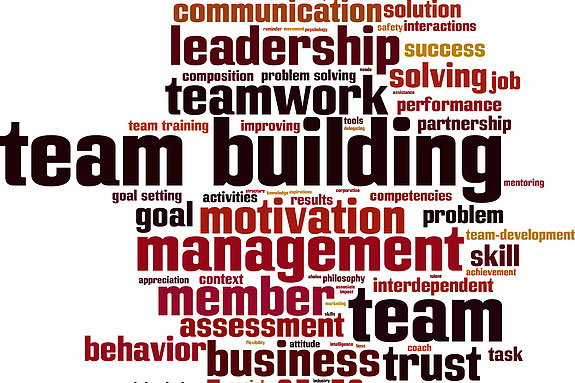 Many dental nurses dream of becoming a practice manager at some stage in their career. If you are one of them, are you aware of what this role involves? Is dental practice management the right move for you?
Many dental nurses dream of becoming a practice manager at some stage in their career. If you are one of them, are you aware of what this role involves? Is dental practice management the right move for you?
Training and qualifications
There are currently no official requirements for becoming a practice manager. However, training and qualifications are available for those who want to develop their knowledge further, either prior to starting as a practice manager or when they are already in the role. These may be:
- Management-focused CPD courses;
- Diploma course or certification in practice management;
- Experience in management duties (often through assisting a manager as a head nurse);
- Experience in team leading, perhaps as a senior/head nurse.
Some employers will not require you to have a formal qualification for the role but may instead be interested in your previous experience; this is where knowledge of the industry, previous roles as a senior/head nurse, and/or assisting a manager in certain duties will prove fruitful – particularly if you can show you have completed audits or have run practice reports and understand budgeting.
On the other hand, some employers may want you to undertake formal training/qualifications – such as a diploma – once you are in the management role. Others will only want to see that your PDP and planned CPD reflects the duties and responsibilities that you are now undertaking. Managers are always learning and always developing their skills to help improve the practice, so you need to be clear on your employer’s expectations prior to accepting the role.
Formal qualifications provide a more in-depth view of what a management role involves than courses found in general CPD can; such qualifications can provide detailed, valuable knowledge on budgeting, KPI reports, team management, and patient care. If your employer is agreeable, it could be beneficial o look into undertaking such a course, even if it is not a requirement for employment; it may help you to develop your own understanding of the role and responsibilities you are taking on.
- Attributes and experience
- Experience is not just in understanding how an industry, or a general dental practice, works. It’s also developing valuable skills such as:
- Team leading and management;
- Patient/customer care;
- Complaints handling;
- Conflict resolution;
- Office and administration skills;
- Computer skills;
- Money handling and budgeting;
- Data analysis and report creation (for audits and risk assessments);
- Stock control;
- Servicing management;
- Compliance and procedure implementation.
Then there are personal attributes that you may already possess, or ones which you are able to learn. These attributes, as evidenced above, make a management role easier to understand, and also easier to navigate. These may be:
- Patience, for listening to patients and staff alike;
- Empathy, for those in pain or for staff who need more support;
- Time management, to allow you to complete tasks in a timely manner;
- Organisation, to help schedule required meetings, audits, servicing, and more;
- Multi-tasking, and the ability to prioritise your workload.
These are a few of the main attributes and skill sets that can be useful in management, but being a manager cannot be boiled down to just a few lists, and you will find that further topics arise throughout your time in the role.
Is it for you?
Being a manager is as rewarding as it is challenging, and you need to be prepared for a busy schedule and to be able to juggle several different tasks and responsibilities at once. It can take time to find your feet, but there is a lot of support available online, through social media, and in your work circles to help make adjusting to the role easier and smoother. The dental industry is a constantly developing sector, where we regularly update policies and procedures and implement new improvements to advance our patient care. Being a manager not only means you need to be the one with the most knowledge of it all, but it also means you get to be at the forefront of the changes that are driving for better oral health across the country.
While teething problems can be expected, it is good to remember that for every problem you overcome, for every conflict you resolve, and for each new procedure you learn, you will have developed another new skill that will serve you well in your future as a practice manager.
Written by Natasha Garthwaite RDN, BSc